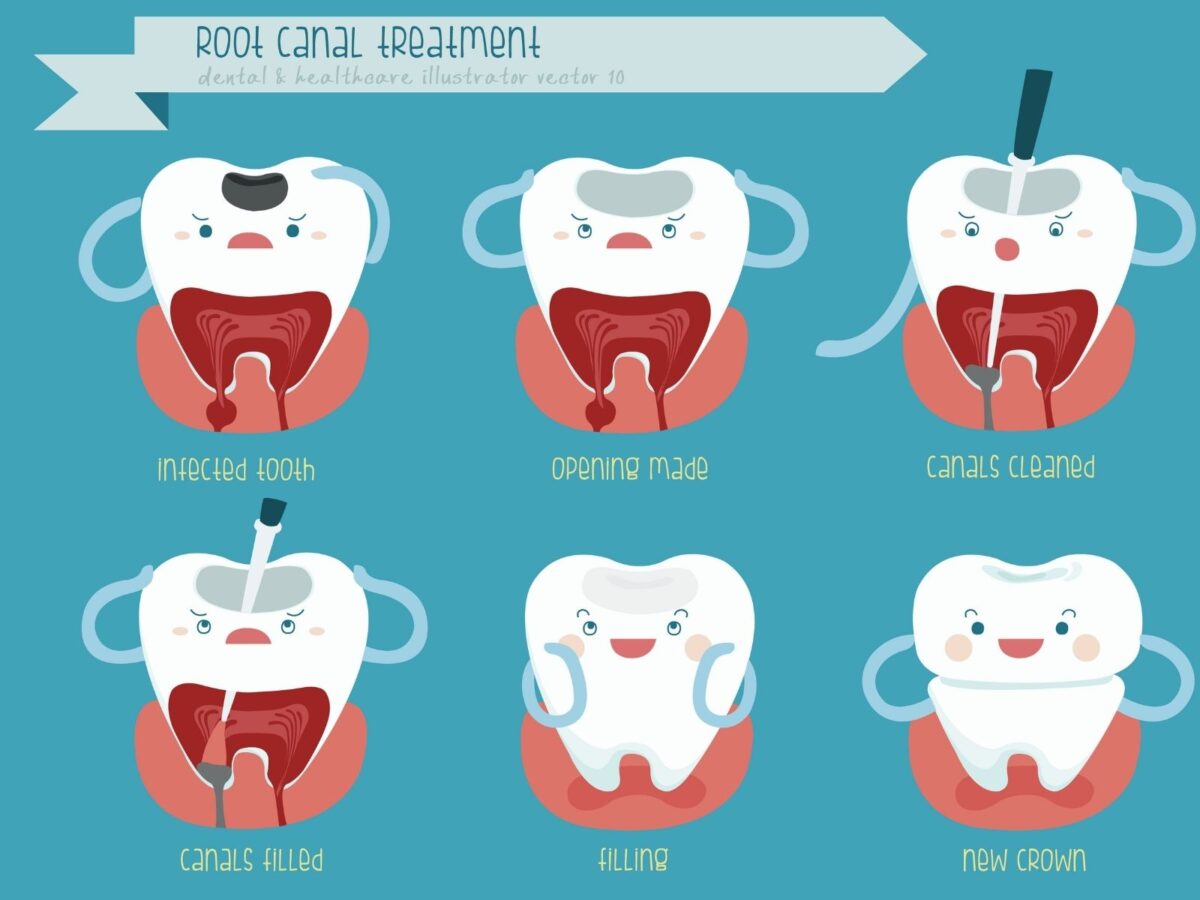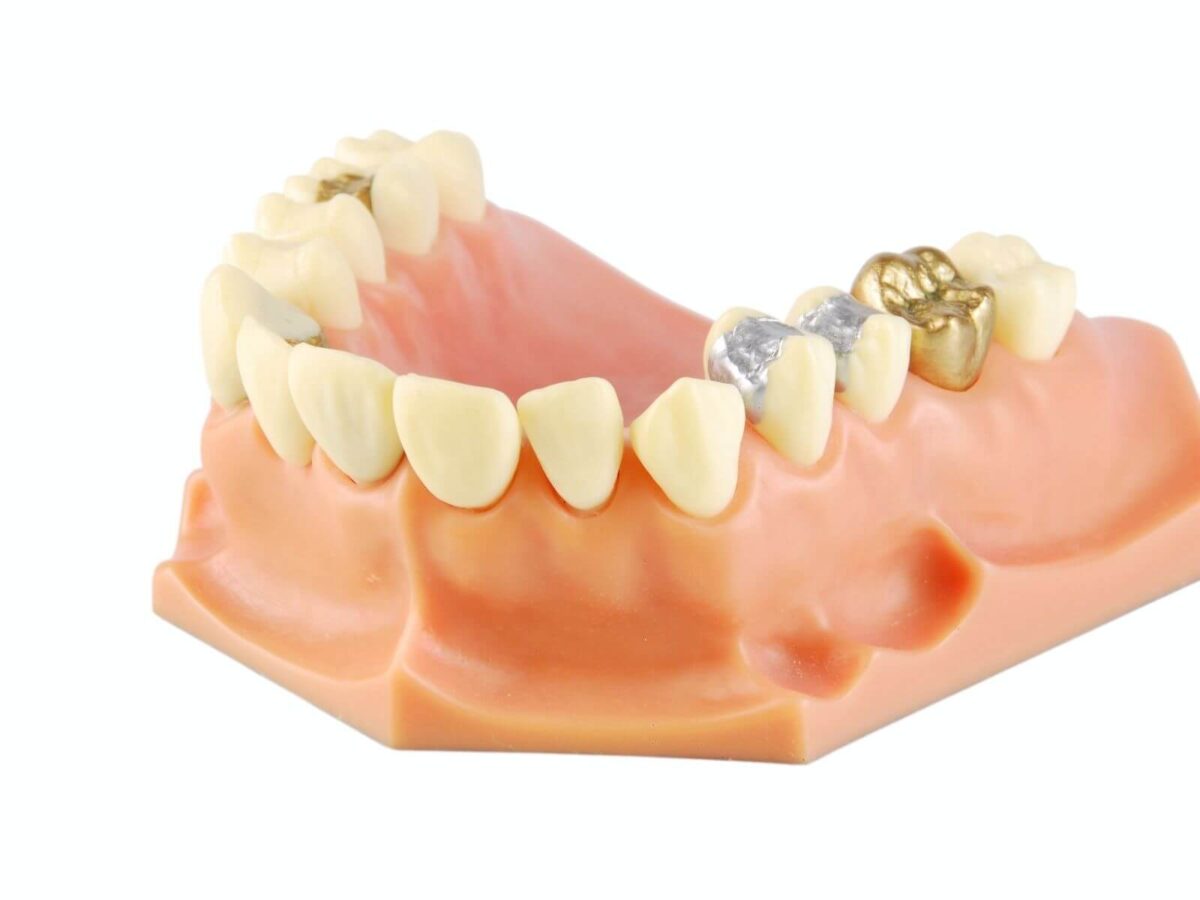Have you ever been rushed to the hospital due to a dental emergency? It might seem like a scary situation. But how well you handle such circumstances can make them less scary.
People often do not know how to act during an emergency. They either start calling random people for suggestions or scrolling through the internet where there is no reliable solution. But where can you find a trustworthy solution? Yes, you are right, dentist. You must understand which situations are emergencies and which are not.
This article is a guide for you about dental emergencies. You can learn how to deal with dental emergencies. You can also explore some tips to manage pain at home while rushing through the hospital. Some emergencies can be resolved at home, while most require immediate medical intervention.
Dental Emergencies
A dental emergency is a situation that requires professional intervention. If one experiences symptoms of an emergency, one might need a dental exam. These include excruciating pain or discomfort in their mouth or hurt around the mouth or face. Most people who do not feel pain might need a checkup to ensure their dental health is alright.
People who have hurt their face or mouth or observe bleeding need emergency attention. You might have a broken, chipped or cracked tooth. In some extreme cases, your facial bone might have broken. However, sometimes, a minor slip might not affect oral health. This is why the first step after any situation is to call your dentist.
You must have your dentist’s emergency contact information. This way, you can consult your problem and ask for suggestions. You can also share symptoms and ask if you visit an urgent care facility. Sometimes, you might panic after a fall, but your dentist might recommend at-home care only. You must understand that not all dental problems are dental emergencies.
Types Of Dental Emergencies
Once you consult a dentist about your emergency situation, you also will find out a lot about dental emergencies. Here are some emergencies you might experience. These require immediate care and exams. Let us explore and learn more about these.
Severe Toothache
Extreme pain and discomfort in the mouth are nerve-wracking. You can ignore slight pain or even manage mediocre pain, but ignoring extreme pain can lead to complex problems. You must consult your dentist about pain management.
You can rinse your mouth using warm salt water in the meantime. Over-the-counter pain medications might also help reduce discomfort. But, visiting your dentist for a permanent solution for your pain is essential.
Chipped Tooth
A broken and chipped tooth is also a common dental problem. It is mostly caused by falls or slips in children. You must collect all parts of your teeth from your dentist. Sometimes, when a child bites a hard object, it can also lead to chipping. Your dentist can prevent further damage if you act immediately. It will also help them restore tooth functionality quickly.
Knocked Tooth
The knocked tooth is the most urgent dental emergency. This is because there are a lot of bleeds that must be stopped. Also, acting quickly ensures the tooth can be reimplanted. You need to keep the fallen tooth in water. You mustn’t rub off or scratch its surface.
If possible, you can place the tooth back into the socket. If not, then place it in milk or saline solution. If you get to your dentist within 30 minutes, it increases the chance of tooth reimplantation.
Lost Crown or Filling
A crown is a protective layer for your teeth. Losing a crown or dental filling can expose nerves and sensitive tissue to germs. This exposure can lead to pain and even infection if not treated promptly. It’s important to visit your dentist immediately to have the crown or filling replaced and prevent further damage to the tooth.
You must avoid chewing on the exposed nerve side. You must maintain oral hygiene to protect your teeth. You can use dental cement as a temporary solution. It can help you cover the exposed nerves for the time being.
Abscessed Tooth
A severely infected tooth is also a problem for your oral health. If ignored, it can damage other surrounding teeth. It occurs due to several reasons. These include untreated cavities, gum diseases or trauma. You need immediate medical attention to resolve your infection before it causes further damage.
You should also look for signs that might affect your oral health. These include:
- Extreme sensitivity to hot or cold foods
- Throbbing toothache
- Swollen gums
- A bad taste in your mouth
- Discomfort while chewing
Tips To Follow
- Brushing your teeth twice daily
- Even if you need immediate medical attention, you must not panic. Clear thinking will always help you make informed decisions.
- Ensure you have your dentist’s emergency contact details to consult them during any severe circumstances.
- Flossing helps prevent tooth emergencies caused by dental problems.
- Get regular dental checkups from your dentist. It lets them diagnose developing issues.
- If you have a toothache, rinse your mouth with a warm saline solution.
- Use a non-alcohol-based mouthwash after every meal. It improves overall oral hygiene.
- Players should buy mouthguards as sports mouth protection from their dentist. It shields their teeth while playing.
- Chew soft foods only to prevent tooth damage. Refrain from ice chips and hard candies.
Conclusion
An unstoppable bleeding, chipped tooth, or consistent throbbing pain are dental emergencies. Any oral problem that you cannot control or manage needs medical intervention. It is better to try some over-the-counter medications to manage some symptoms. If you have a knocked-out tooth, visiting an emergency room near you is better.
The faster you act, the better your chances of achieving oral functionality. You can consult our Elgin Dentist, TX, experts for dental emergencies. You can learn more about tips to prevent such emergencies. And also how to deal with them in detail. You will also find out when to see an expert and when to avoid during a dental emergency.





